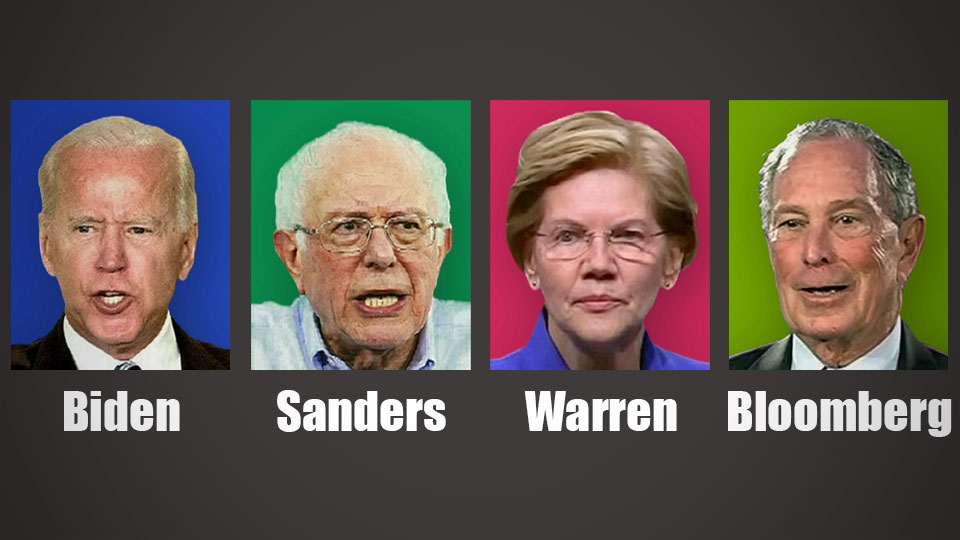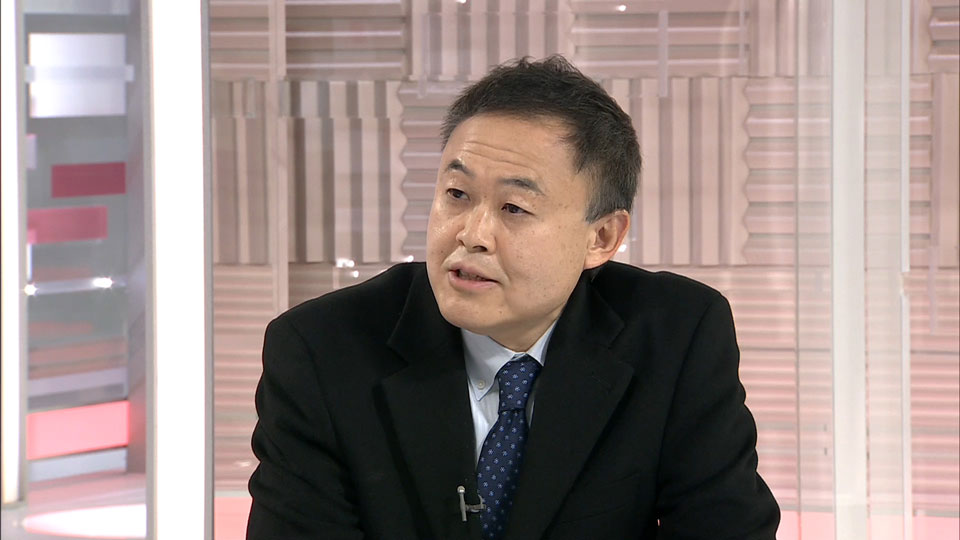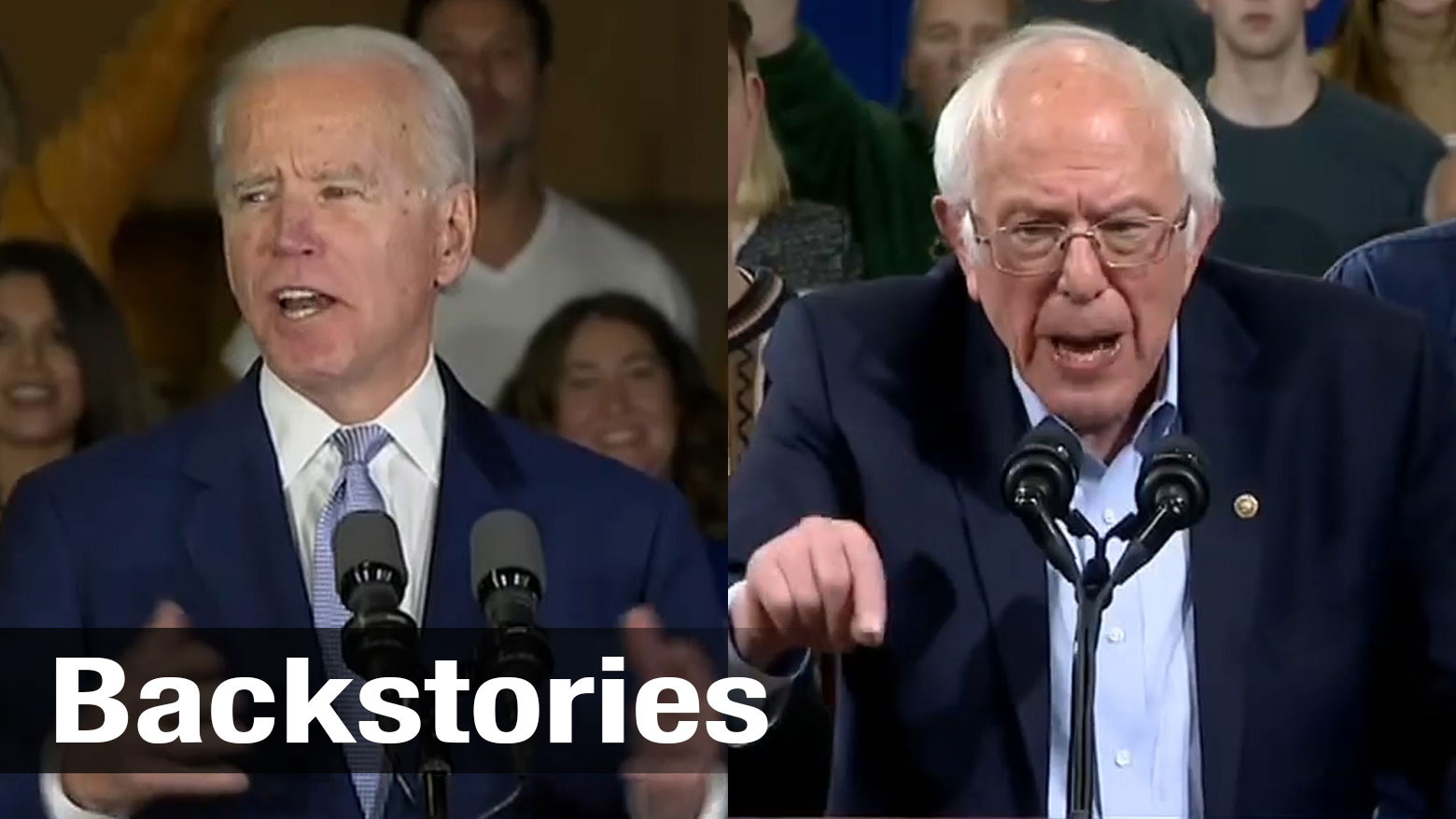More than one-third of all Democratic delegates were up for grabs across 14 states. Candidates need to amass 1,991 of them to claim the right to take on Donald Trump in November's election.
Biden won 10 states, mostly in the south, followed by Sanders with four.
Senator Elizabeth Warren and former New York Mayor Michael Bloomberg failed to win any states. Bloomberg later dropped out and threw his support behind Biden.

After a slow start to his campaign, Biden's remarkable rebound started with a decisive victory in South Carolina's primary last weekend. He told supporters after that win that the campaign was "very much alive" and promised to "send Donald Trump packing."
Sanders was still the clear leader going into Super Tuesday, and a strong showing would have made him the presumptive nominee. That's not what happened, but he remains well in contention.

Professor Yasushi Watanabe of Keio University in Tokyo is an expert on US politics. He says it's now a two-horse race with Sanders representing the progressive wing and Biden representing the centrist wing of the party. He says Biden will be especially happy after pulling off upsets in Minnesota, Massachusetts, and Texas.
Watanabe also says he's expecting a long race, perhaps all the way to the national convention in July. "The Democratic primaries allocate delegates on a proportional basis, not winner-takes-all, so things tend to move slowly," he says.
He also says one of the challenges will be to ensure the party can unite behind whoever wins. Four years ago, many Sanders supporters sat out the elections after their candidate lost the nomination battle to Hillary Clinton. The professor says that might not happen this year, because President Trump presents a strong common enemy. But as the fight goes on, emotions may get worse, and divisions larger.
Professor Watanabe of Keio University says he thinks the chances of a Democrat win this November are now 50/50. He says incumbents tend to get re-elected, but President Trump's disapproval rating is higher than his approval rating, and the polls suggest he is not as competitive this time in the rust belt -- states such as Pennsylvania, Ohio, Indiana and Michigan -- which were critical to his win four years ago.
Watanabe also believes recent events could play in the Democrats' favor.
"There's the coronavirus spreading that might slow down the US economy," he says. "As the infections spread, people may become more aware of the importance of the healthcare issue, and that usually works for the Democratic Party."

